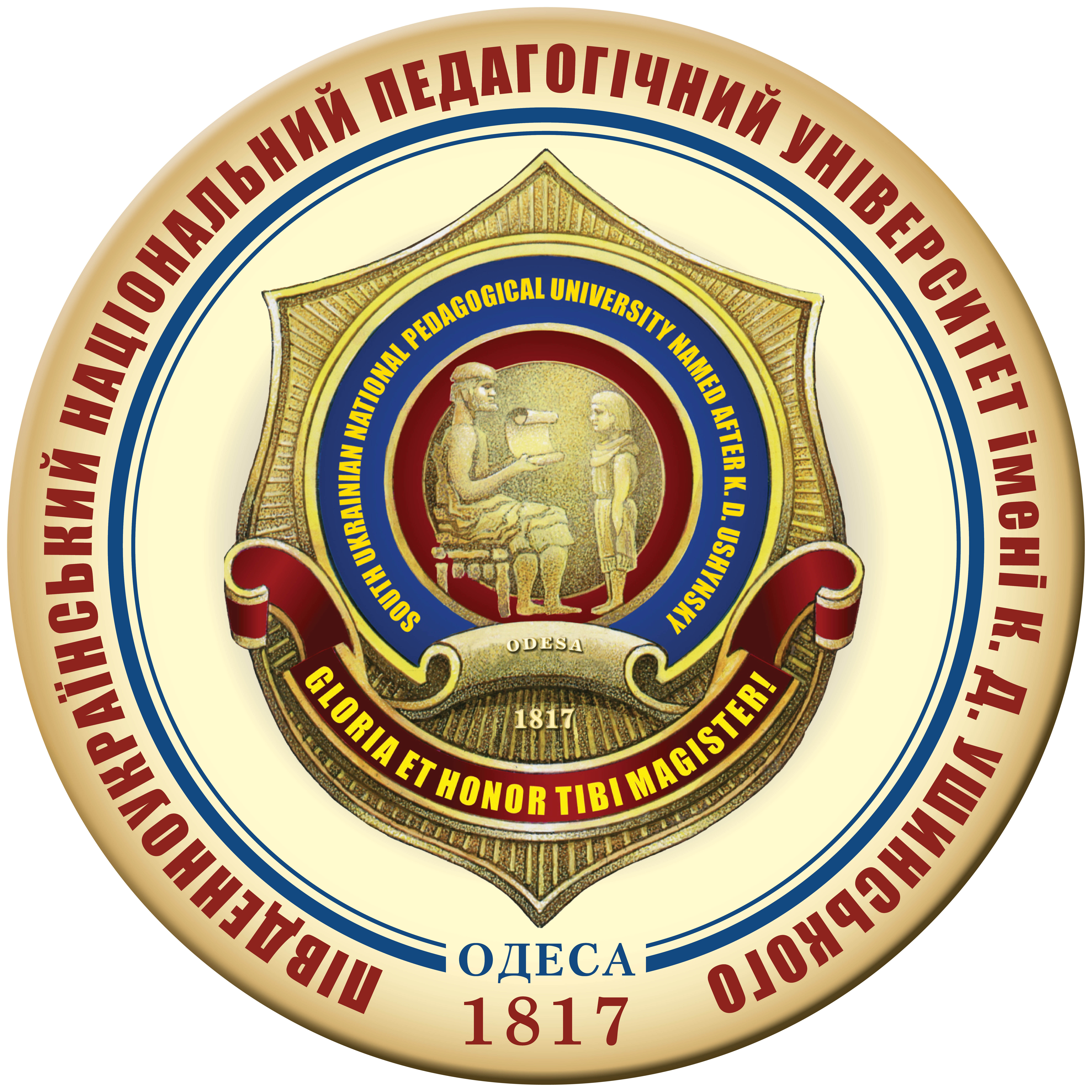COMPETENCE OF THE SPECIALIST IN PHYSICAL EDUCATION AND SPORTS TO CREATE AN EDUCATIONAL ENVIRONMENT IN THE CONDITIONS OF MODERN CHALLENGES
DOI:
https://doi.org/10.24195/olympicus/2024-3.9Keywords:
competent education, personal self-realization, psychophysical health, interactive trainingAbstract
There were determined the specifics of purposeful and systematic training of future teachers of physical education and sports for the formation of the position of the subject of creating an educational environment with high adaptive potential based on personal values and development priorities. 97 students of the 2nd year of the faculties of physical culture and sports of the pedagogical universities of Kamianets-Podilsk and Odesa took part in the research on a voluntary basis. The control group (CG) included 51 students, the experimental group (EG) – 46 students. During the research there were used the theoretical research methods, as well as diagnostic groups of methods: statistical, psycho-diagnostic and expert. There were carried out an assessment of training effectiveness, students’ work capacity, dynamics of changes in physical conditions, formation of the educational environment according to defined quality indicators. Experimental training took place within the framework of mixed training (integration of offline and distance learning), and then distance training in martial law conditions. There was defined a set of parameters and methods for diagnosing the formation of the educational environment according to the criteria of: personal self-realization, emotional comfort, and therefore psychophysical health, as well as the readiness of students to create it (during studying at the university and in the future profession). As a result of the research, there were experimentally tested the theoretical provisions, according to which the strengthening of the students’ subject position regarding the formation of a personally oriented educational space with high adaptive potential involves: strengthening of the personally oriented technologies for the organization of training of the students, formation of an individual educational trajectory of their professional development; increase in the proportion of interactive training methods, analytical and reflective forms of activity; focus on health-preserving educational technologies. The results of the final diagnosis showed growth in all parameters of the formation of the educational environment. It is natural that the highest increase (19.6%) concerns the most mobile indicator – the constructiveness of relationships between subjects of educational activity. There was substantiated the possibility of training a teacher of physical education and sports to create a psychologically favorable environment that contributes to: a) the transition to the system of a competent professional education, the ability to adapt to different formats of education; b) possession of innovative technologies, ensuring competitiveness in the future profession; c) conflictfree integration of the educational and professional environment into one's own living space.
References
Асаулюк І.О., Дяченко А.А. Особливості фізичної підготовленості студентів закладів освіти в процесі фізичного виховання. Здоров’я, спорт, реабілітація. 2019. 1(5). С. 9–14.
Біостатистика: підручник / [Грузєва, Т. С., Лехан, В. М., Огнєв, В. А. та ін.]; за заг. ред. Грузєвої Т. С. Вінниця: Нова Книга, 2020. 384 с. URL: https://library.pdpu.edu.ua/images/2021/medbook/36.pdf.
Бондарчук О. І. Психологічна безпека освітнього середовища: сутність та умови створення: спецкурс для слухачів очно-дистанційної форми навчання в системі післядипломної педагогічної освіти. К., 2018. 24 с.
Ковальчук З., Пілецька Л. Психологічні аспекти формування психологічної безпеки особистості в освітньому середовищі у форматі її психічного здоров’я. Психологія особистості. 2022. Вип. 1. С. 78–91.
Кремень В. Г., Биков В. Ю. Інноваційні завдання сучасного етапу інформатизації освіти. Сучасні інформаційні технології та інноваційні методики у підготовці фахівців: методологія, теорія, досвід, проблеми: Зб. наук. праць. Випуск 37. / Редкол.: І.А. Зязюн (голова) та ін. Київ-Вінниця: ТОВ фірма «Планер», 2014. С. 3–15. URL: https://core.ac.uk›download›pdf.
Максимчук Б. А. Аналіз нормативно-правової бази підготовки майбутніх учителів фізичної культури в контексті розвитку їхньої педагогічної майстерності. Педагогічний альманах. 2019. Вип. 41. С. 106–112. URL: http://nbuv.gov.ua/UJRN/pedalm_2019_41_18.
Психологу для роботи. Діагностичні методики: збірник [укладачі М.В. Лемак, В.Ю. Петрище]. Вид. 2-ге, виправл. Ужгород: Видавництво Олександри Гаркуші, 2012. 616 с.
Сергієнко Л. П. Спортивна метрологія: теорія і практичні аспекти: підручник. Київ: КНТ, 2010. 776 с.
Bosenco A., & Topchii M. General functional state of the central nervous system of the first ana second year students of the physical education faculty. ScienceRise: Biological Science. 2017. Vol. 4(7), p. 31–36. https://doi.org/10.15587/2519-8025.2017.109302.
Erturan G., McBride R., Agbuga B. Self-regulation and self-efficacy as mediators of achievement goals and leisure time physical activity: a proposed model. Pedagogy of Physical Culture and Sports. 2020. Vol. 24(1), p. 12–20. https://doi.org/10.15561/26649837.2020.0102.
Kashuba Vitaliy, Asaulyuk Inna, Dyachenko Anna. To the question of use of health fitness in the process of professional and applied physical preparation of student youth. Journal of Education. Health and Sport. 2017. No. 7(7). P. 1366–1378. http://dx.doi.org/10.5281/zenodo.2547968.
Kubieva S., Botagariev T., Konisbaeva S., Mambetov N., Aralbayev A., Zhetimekov Y., Dairabayev S., Kaliyakbarova S., Sadykova Z. Health promotion program for the students with regard to the level of their physical activity, physical fitness and health. Journal of Physical Education and Sport. 2019. 19(1), P. 703–709.
Оrtenbyrger D., Vaysik Y., Gra T., Mosler D., Borisova O. Self-reported evaluation of adaptation to psychophysical strain in the context of subjective health behaviour of physical education students. Journal of Physical Education and Sport ® (JPES). 2020. Vol.20(1), Art 70 pp. 477–483. https://doi.org/10.7752/jpes.2020.s1070.








